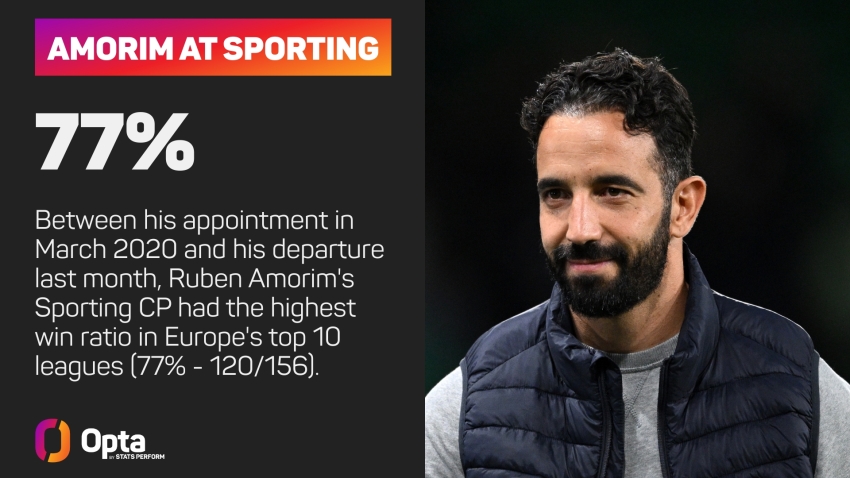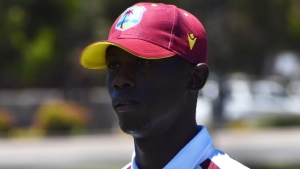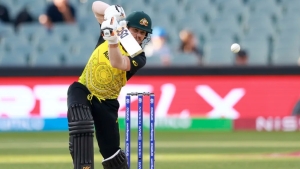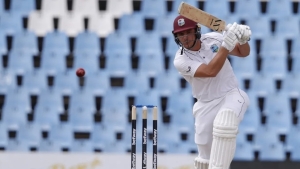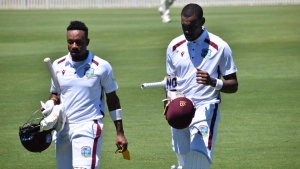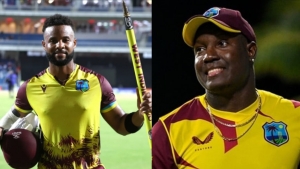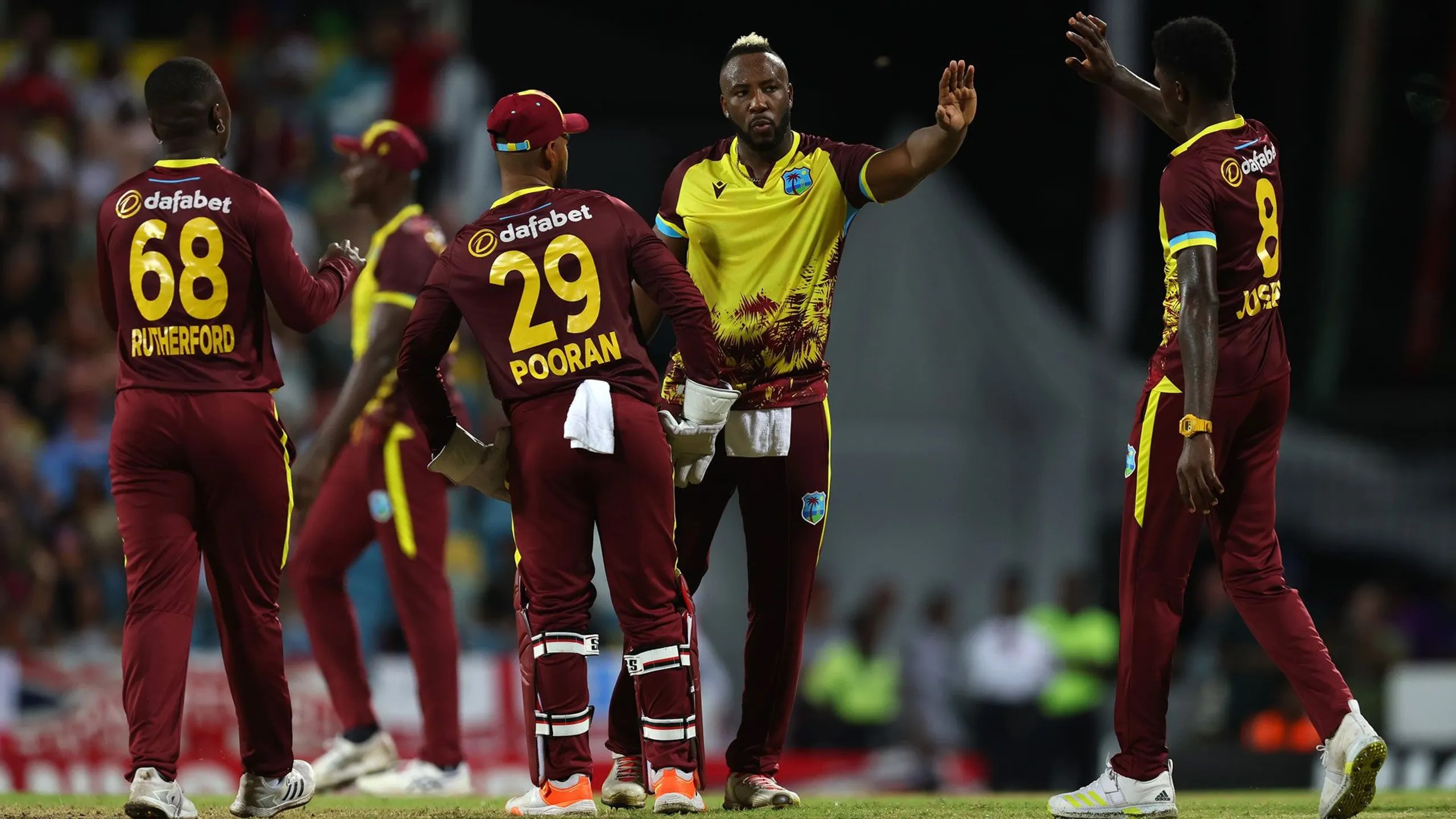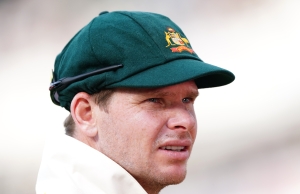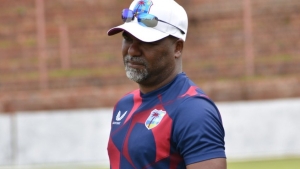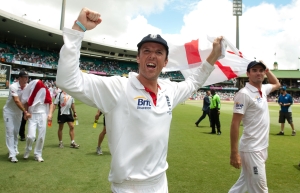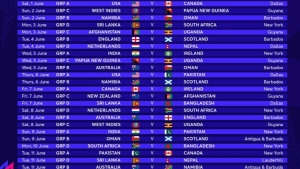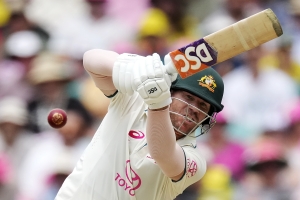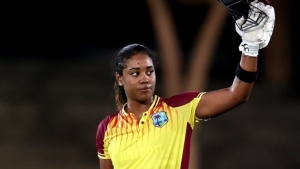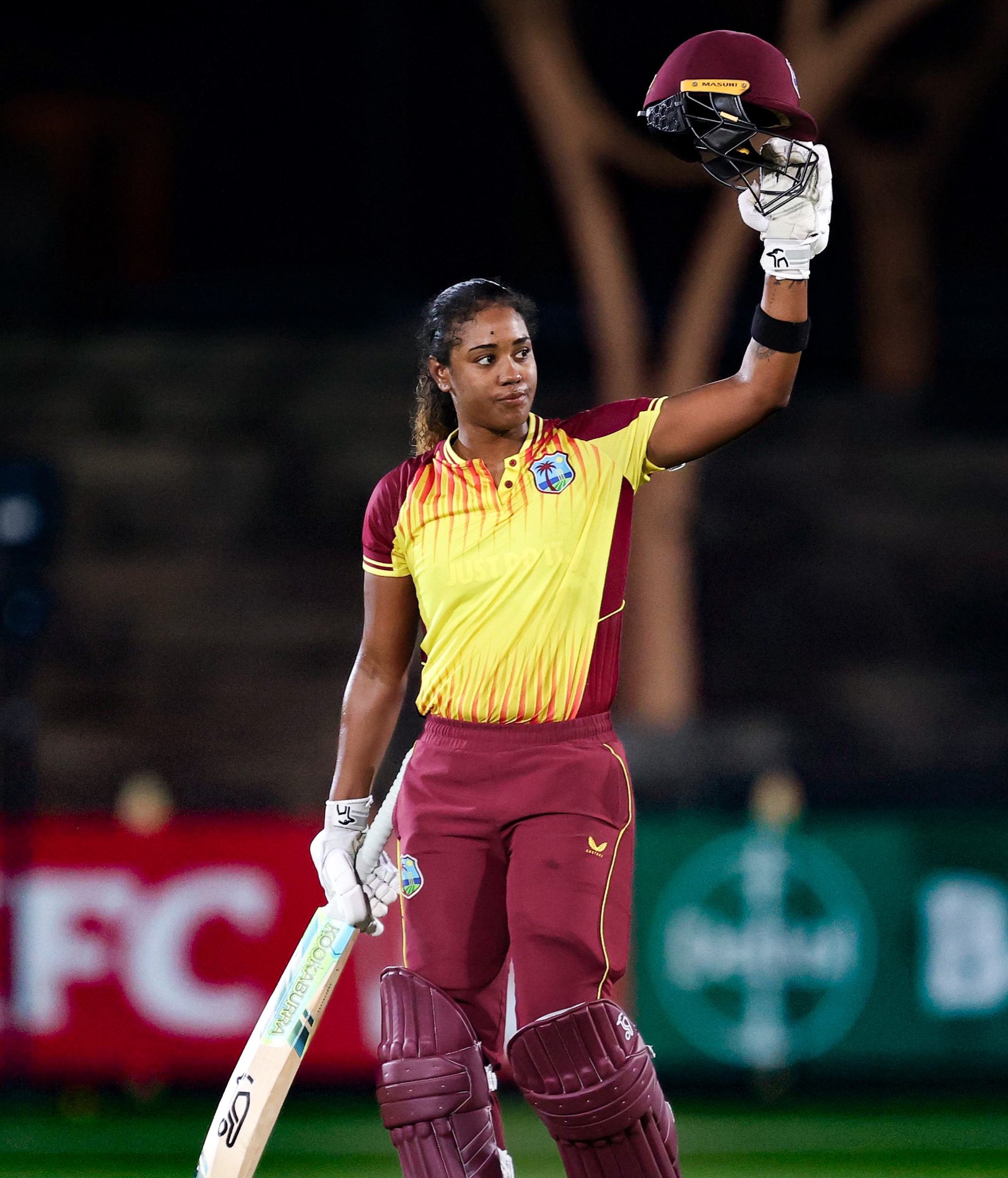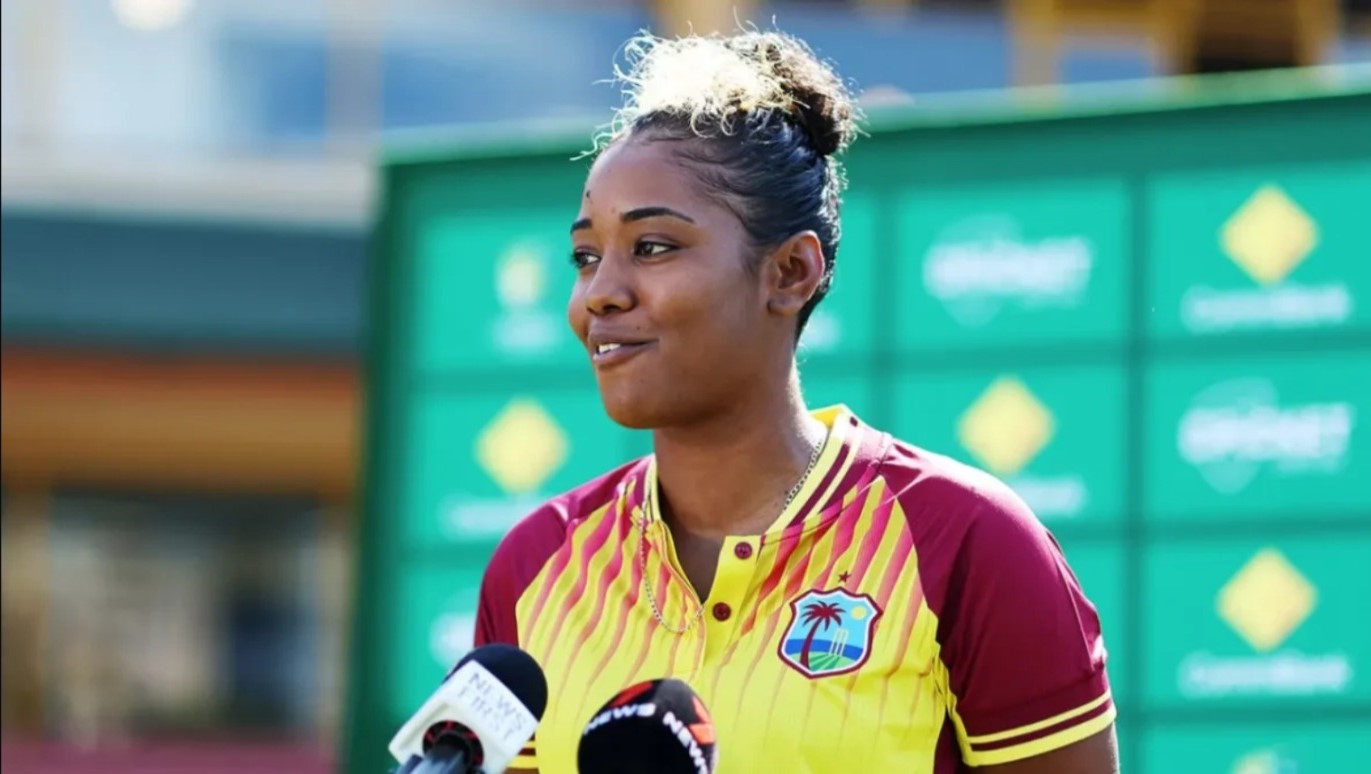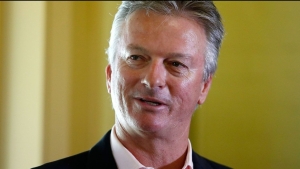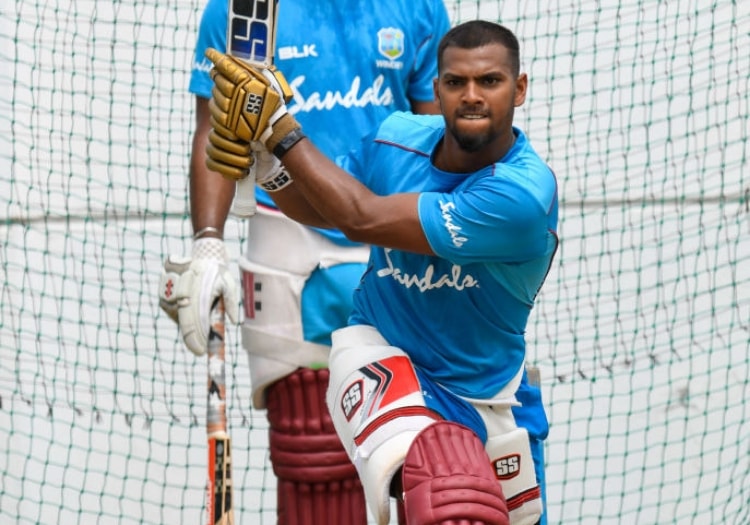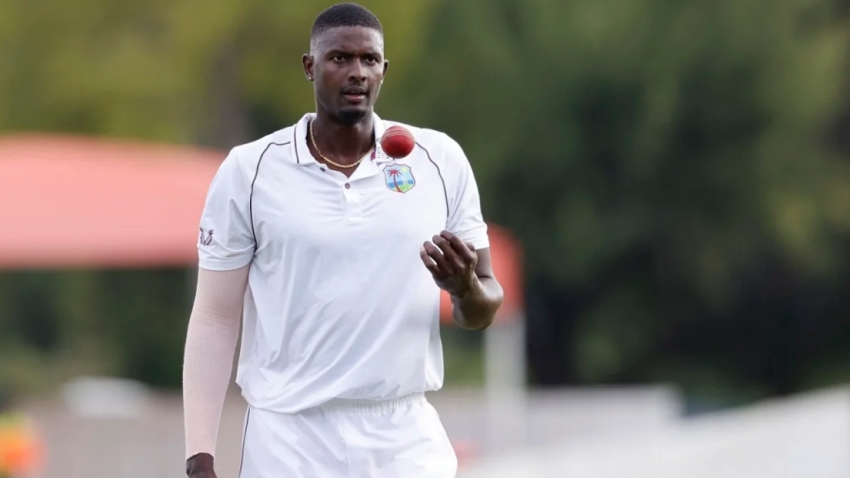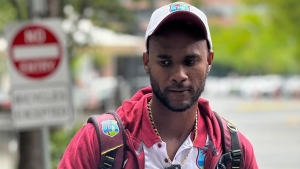Two-time champions West Indies will kickstart their ICC Men’s Twenty20 World Cup campaign against Papua New Guinea, as the fixtures for the ninth edition of the tournament was revealed on Friday.
The event to be co-hosted by West Indies and the United States of America is scheduled to run from June 1-29.
West Indies, having won the title in 2012 and 2016, will begin their hunt for a third title against Papa New Guinea at the Guyana National Stadium on Sunday, June 2.
This tournament will see a record 20 teams divided into four groups competing across 55 games for the right to be crowned T20 World Cup Champions 2024. Along with the co-hosts, the list also includes Afghanistan, Australia, Bangladesh, Canada, England, India, Ireland, Namibia, Nepal, Netherlands, New Zealand, Oman, Pakistan, Papua New Guinea (PNG), Scotland, South Africa, Sri Lanka and Uganda.
These 20 teams have been divided into four groups of five, with the top two teams progressing to the Super Eights:
Group A: India, Pakistan, Ireland, Canada and the USA
Group B: England, Australia, Namibia, Scotland and Oman
Group C: New Zealand, West Indies, Afghanistan, Uganda and Papua New Guinea
Group D: South Africa, Sri Lanka, Bangladesh, the Netherlands and Nepal
ICC's Chief Executive, Geoff Allardice said the ICC Men’s T20 World Cup 2024 marks an exciting expansion of our sport with more teams than ever before set to compete in this event.
"It’s going to be an incredible spectacle bringing together 20 international teams from Africa, the Americas, Asia, East-Asia Pacific and Europe. The release of the fixtures is made even more exciting for fans as we enter a new frontier, with the USA hosting a major ICC event for the first time. With 16 matches being played across three venues in the USA, it allows us to make a statement in the world’s biggest sports market. It will also be great to have an ICC event back in the West Indies, which has such a rich history of the game. It has hosted World Cups with great success in the past and this tournament will certainly provide a boost to the game there, especially with the final being played in Barbados," he said.
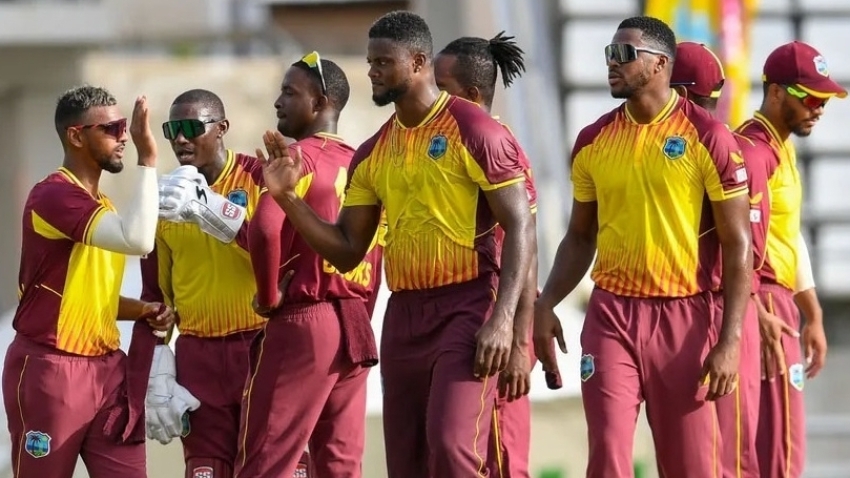
The event commences with the two co-hosts starting their campaigns on the first two days of June. United States of America will take on Canada in the tournament opener at the Grand Prairie Cricket Stadium in Dallas on Saturday, June 1.
One of cricket’s biggest rivalries will take place in one of the world’s most iconic cities, with New York to host India and Pakistan on Sunday, June 9. The fixture will be played in a cutting-edge 34,000-seat modular stadium just 30 miles east of downtown Manhattan in Nassau County, New York. Eight matches will be played at the venue.
Defending champions England will begin their title defence on Tuesday, June 4, in Barbados against Scotland, and 2022 finalists, Pakistan, will get their challenge going on Thursday, June 6, when they play the United States in Dallas.
Among the plethora of blockbuster matchups scheduled in the group stage, fans can look forward to Sri Lanka taking on South Africa in New York on Monday, June 3, while England will go up against archrivals Australia in Barbados on Saturday, June 8. Another highly anticipated fixture will see the West Indies taking on New Zealand on Wednesday, June 12, at the Brian Lara Cricket Academy in Trinidad and Tobago.
First-time qualifiers Uganda will play their first ever ICC Men’s T20 World Cup fixture in Guyana against Afghanistan on Monday, June 3. Nepal, who qualified for the T20 World Cup for the first time since 2014, will open their campaign against Sri Lanka in one of four matches to be played at Broward County Stadium in Lauderhill, Florida.
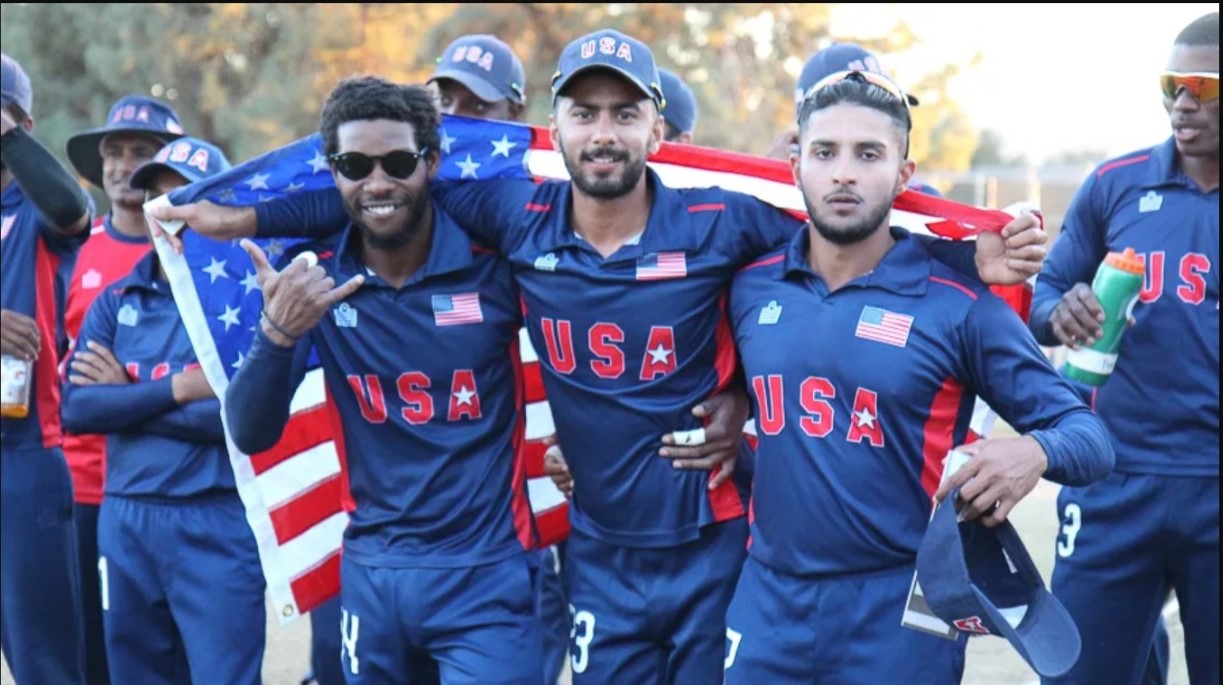
Upon completion of the group stage, the top two teams from each of the four groups will move into the Super Eight stage of the competition. Teams seeded first and second in their groups in the first round, will retain that seeding in the Super Eight, provided they qualify. Super Eight matches are scheduled to be played in popular Caribbean tourist destinations Antigua and Barbuda, Barbados, St Lucia and St Vincent and the Grenadines.
The two top teams from each group in the Super Eight will progress to the semi-finals, which will be held in Guyana and Trinidad and Tobago on June 26 and 27 respectively. The final will be held at the Kensington Oval in Barbados on Saturday, June 29.
Johnny Grave, CWI's Chief Executive echoed similar sentiments.
“The announcement of the match schedule for the ICC Men’s T20 World Cup 2024 marks a significant milestone in our preparations for this year’s tournament. We know that teams, fans and cricket enthusiasts worldwide have been eagerly awaiting this announcement, and now that it is available, it provides a roadmap for the thrilling journey that lies ahead. In addition to the match fixtures, the announcement also highlights the host countries and iconic venues that will set the stage for the ICC Men’s T20 World Cup.
“Each host country and city will bring its own unique flavour to the tournament, and fans from every corner of the globe can expect an exciting blend of T20 cricketing entertainment, local culture and warm hospitality. From classic rivalries to history making upsets and continental showdowns, fans can start looking forward to an action-packed month of games at the ICC Men’s T20 World Cup next June, and we encourage everyone to get tickets as soon as they go on sale as we expect the demand to be high," he noted.
Meanwhile, Peter Hutton, chair of T20 World Cup Incorporated, the entity established in the USA to deliver the event, is excited at the opportunity.
“The USA is already one of cricket’s biggest audiences for ICC events and bringing the ICC Men’s T20 World Cup to New York City, Dallas and Florida is a massive opportunity to exponentially grow the sport. We’ve got three fantastic venues to host matches and we strongly encourage fans in the USA and around the world to start planning to secure their tickets for what will be a unique cricket spectacle featuring the best players in the world," said Hutton.











